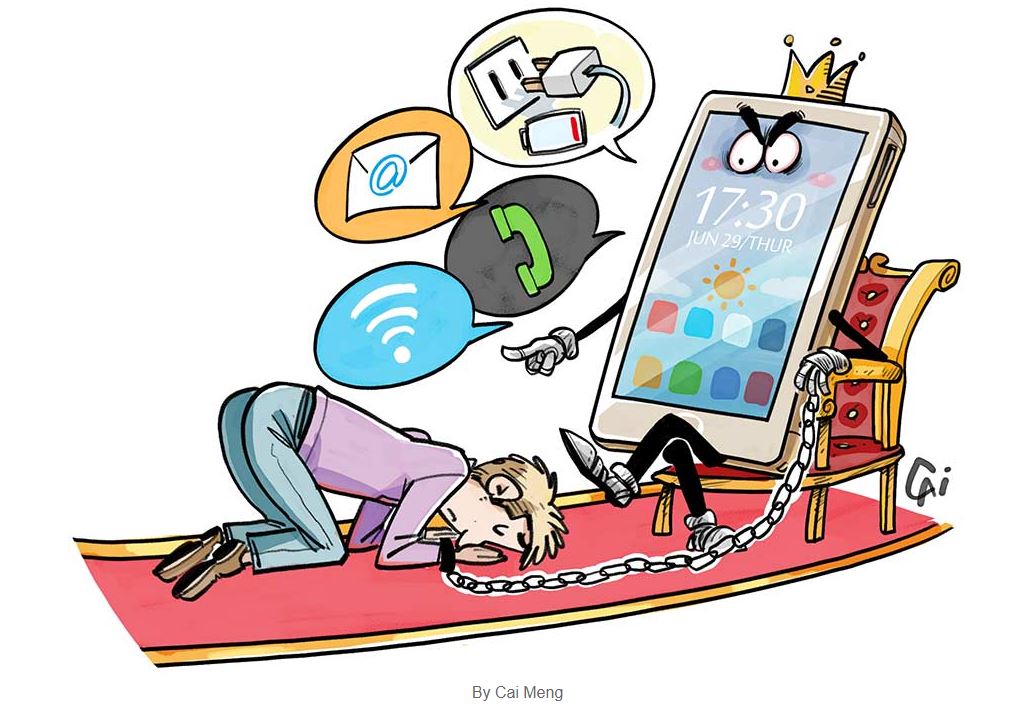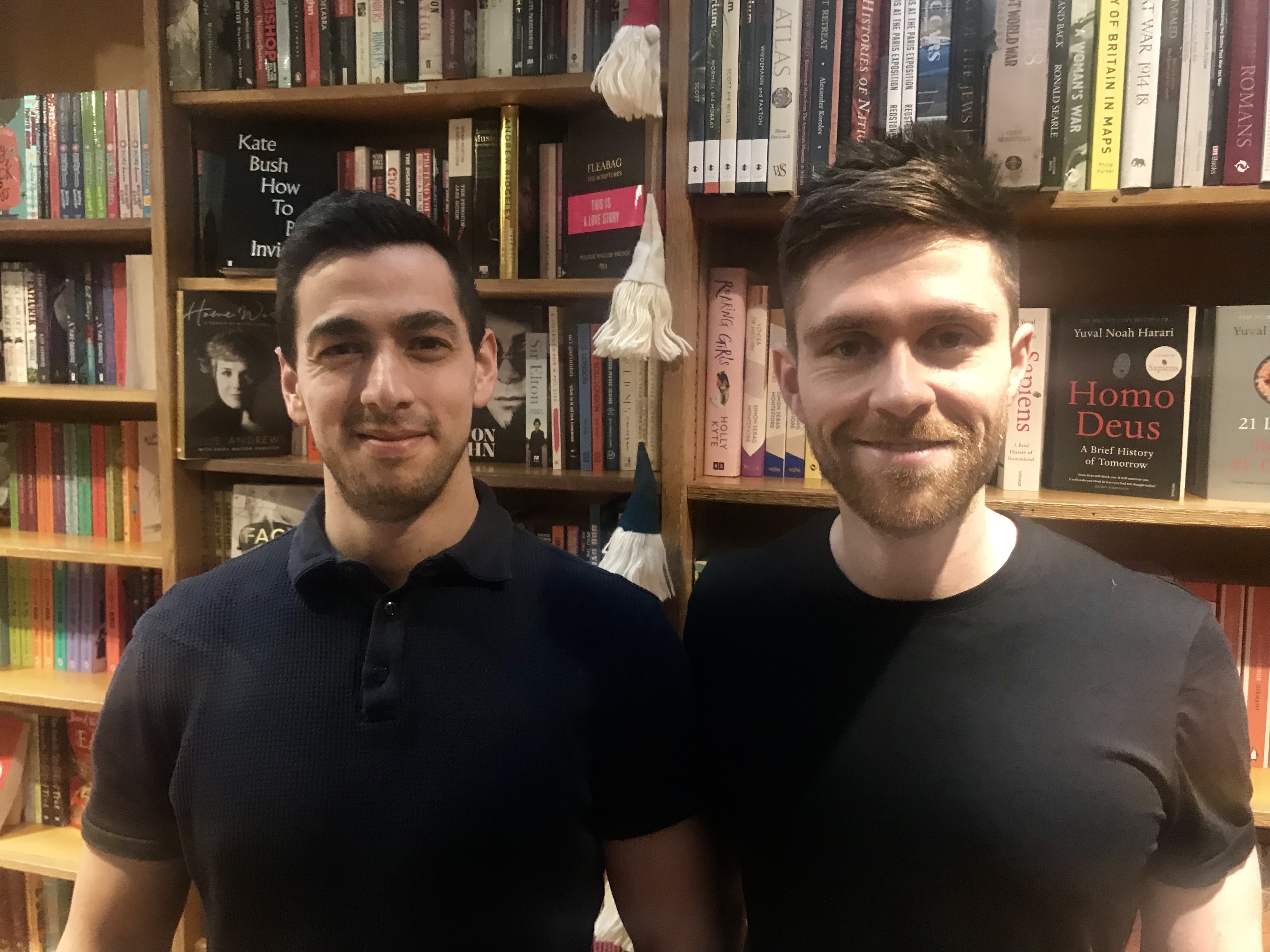
Time is our most precious commodity.
Today’s world is encroaching on our time in more and more demanding ways.
We now live in an age of constant connection and information overload. Each of us has more information than we could ever reasonably use.
We are bombarded with 24-7 emails, social media, voicemails, instant messenger, texts, conference calls, collaboration tools and the burden of staying on top of things be it in the office or otherwise.
We give up precious time to follow the news & our social media feeds religiously, watch every episode of a critically acclaimed show, attend unnecessary meetings etc.
Yet the notion of doing more to achieve more can be flawed. The more options we have, the less likely we are to push ahead with anything at all. We are confronted with ‘the paradox of choice’ which can cause inner paralysis, poorer decisions and discontent.
Warren Buffett’s 5/25 rule instructs us to list our top 25 goals (tasks), eliminate 20 and focus ONLY on your top 5.
This latter list of your eliminated 20 goals, then becomes your ‘not to do list’.
Interestingly, Buffet professes this second list of 20 tasks is to be avoided at all costs. It may seem strange and unnatural to discount them entirely. Yet when focusing 25 goals at one time, one risks becoming a jack of all trades and a master of none.
Prioritization requires us to be mindful of the choices we make with our time and the boundaries we set to protect it, both inside and outside of the office.
It is fair to say our thoughts & emotions are primarily focused on the ‘urgent’ (reactive and thrust upon us by others);
- Answering the next email or phone call
- Checking incoming social media notifications
- Engaging in surrounding gossip & drama
- Consuming the latest breaking news reports

These ‘urgent’ tasks are the tasks that are decided for us by society. Arguably your email inbox is everyone else’s to do list for you.
The next buzz of your phone you desperately feel the urge to react to, can wait. ‘No random actions, none whatsoever’ spoke Marcus Aurelius. ‘Most of the things we do we don’t even think about, enough of this’.
The urgent stuff will still be urgent by the time you get to it.
When we are not preoccupied with the ‘urgent’ , we have greater capacity to focus on what is ‘important’ to us (pro-active choices in sync with your values and principles);
- Seeking projects that result in skill acquisition
- Getting adequate rest
- Engaging in hobbies that refuel you
- Surrounding yourself with your loved ones
What separates the important from the urgent is the element of intentional choice.
We can choose who we say yes to physically; (people), who we say yes to virtually; (news/social) and what we say yes to: (events etc).
However, your choices have repercussions. “The most dangerous distractions are the ones you love, but that don’t love you back” (Warren Buffett).
You might love to scroll your social media feed in bed but this seemingly small harmless act impairs your sleep cycle (quantity & quality), it does not love you back.
This habit over the rest of the week compounds, depleting our energy.
Setting a boundary (e.g. putting it on aeroplane mode or charging it away from your bed) prioritises rest and gives you more stamina for what matters in the long term.
Unsurprisingly, the average person spends 140 minutes on social media each day. Cutting this by 1 hour (40%) will give you back a staggering 15 days of your life each year.
Jeff Bezos frequently gets asked ‘what is going to change in the next 10 years?’. He turns this on his head and instead answers ‘What is NOT going to change in the next 10 years?’.
Unfortunately, the stresses of every corporation & the demands of staying connected will still be here in 10 years time.
By adopting some protective boundaries & applying selective focus on the very few but important tasks, we become time’s master rather than its slave.

